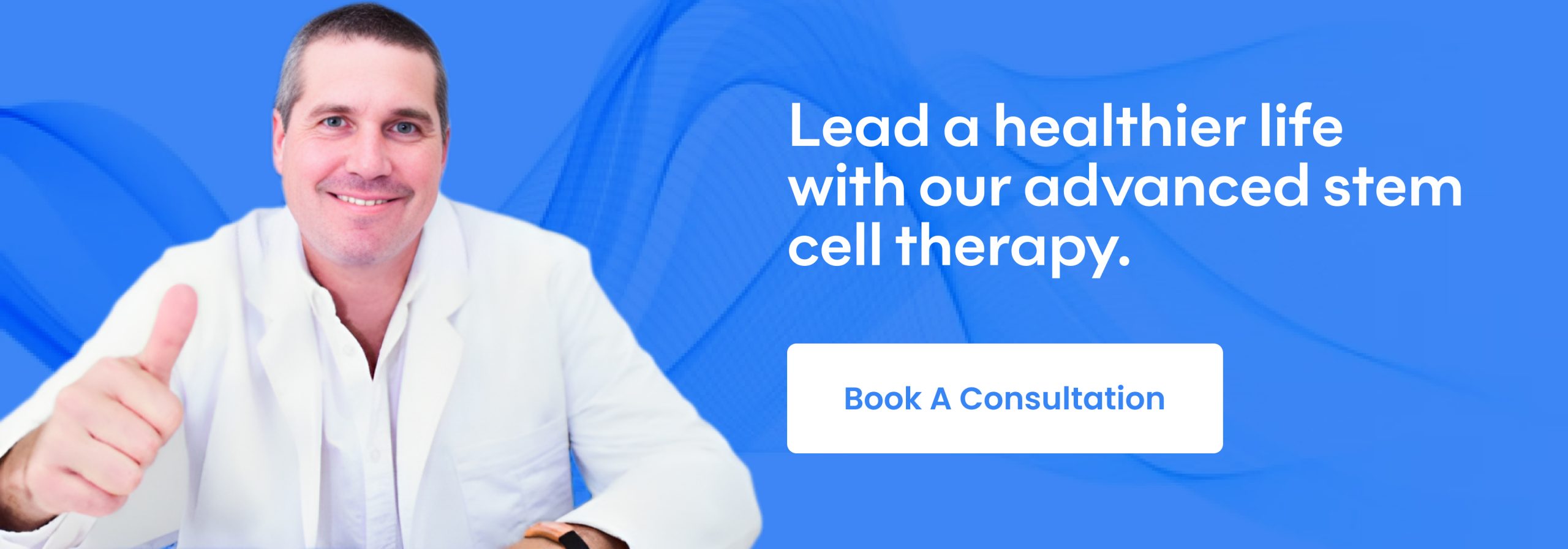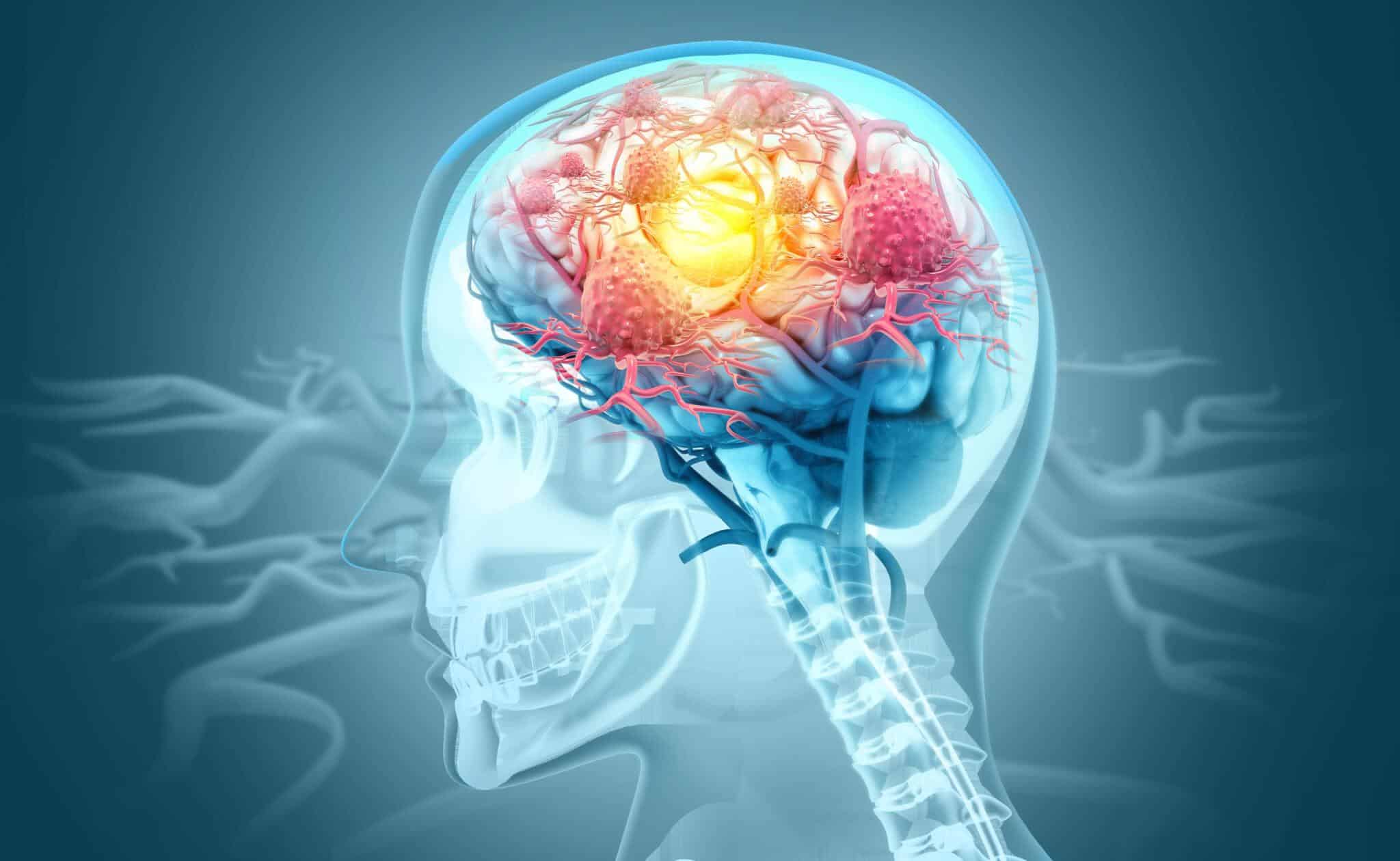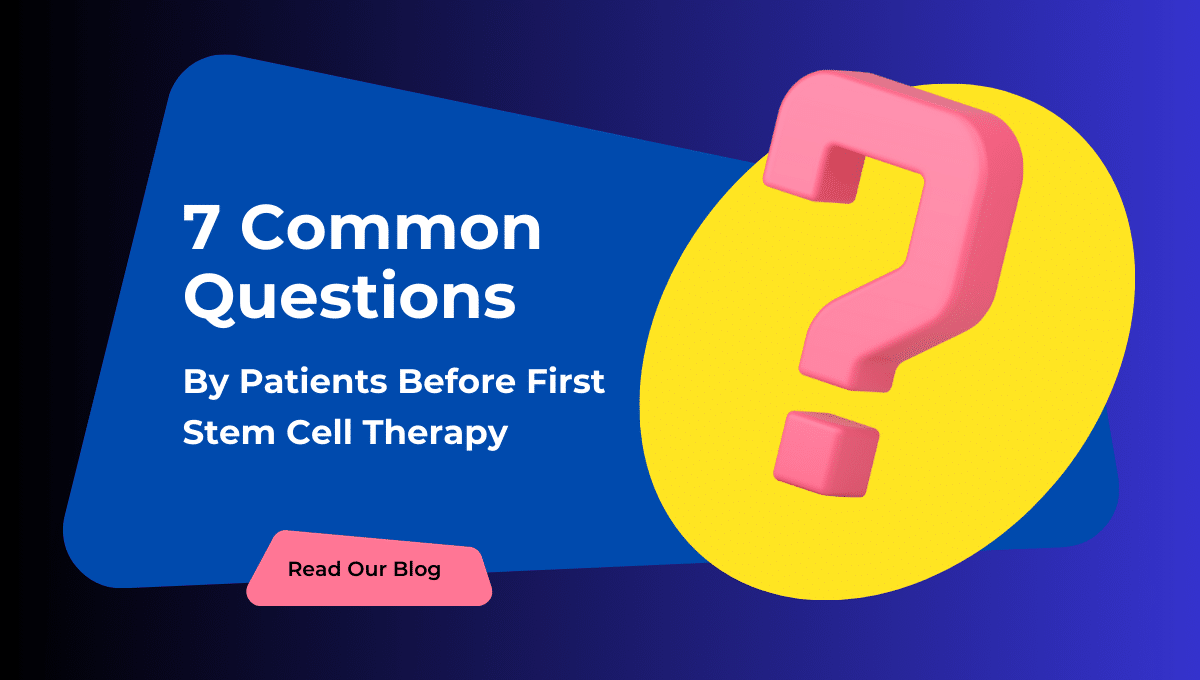- Home
- About Us
- Book Appointment
- Treatments
- Alzheimer’s Disease
- Anti-Aging
- Autism
- Autoimmune Disorders
- Back Pain
- COPD
- Crohns Disease And Ulcerative Colitis
- Erectile dysfunction and Penis enlargement
- Fibromyalgia
- Hip Pain
- Knee Pain
- Lupus
- Lyme Disease
- Multiple Sclerosis
- Muscular dystrophy
- Parkinsons Disease
- Peripheral And Diabetic Neuropathy
- Post Cancer Treatments
- Post Stroke Recovery
- Psoriasis
- Rheumatoid Arthritis
- Shoulder Pain
- Join The Club
- Aesthetics
- Blog
- Contact Us
Stem cells are specialized cells that have the potential to develop and multiply into different types of cells. Their unique ability to self-renew and recreate functional cells and tissues serves as a repair mechanism for the human body. They can cure various diseases and give individuals a new lease of life.
This article puts forward the basics of stem cells, what they are, their sources, and how they function in the body to treat a disease. So, let’s begin!
Table of contents:
What are stem cells?
Stem cells are like the building blocks or foundation of the human body from which life starts. These are unspecialized cells capable of differentiating and multiplying repeatedly into more than 200 types of specialized cells to form a human body. They continuously divide and self-renew to become differentiated cells such as blood, muscle, bone, nerve, skin, and organ-specific cells.
Besides differentiating into specialized cells, stem cells can also repair damaged tissues. Right now, reputed stem cell therapy clinics all over the world are utilizing this remarkable property for stem cells to provide stem cell-based therapies to treat serious illnesses such as Autoimmune diseases, neurodegenerative disorders, orthopedic conditions, spinal cord injuries, heart disease, Alzheimer’s disease, diabetes, etc.
Moreover, medical researchers and clinicians are working closely to explore other distinct qualities of stem cells and unveil their therapeutic applications as a possible cure for other diseases.
What are the various types of stem cells?
Scientists and experts classify stem cells by their sources and function into three broad categories.
Embryonic stem cells (Pluripotent)
Stem cells are obtained from early-stage embryos (in the blastocyst stage) or donated umbilical cord tissue. These are pluripotent cells, meaning they have the power to form and divide into any cell type.
Adult stem cells (Multipotent or Unipotent)
Adult stem cells are tissue-specific cells with limited potential to develop into specialized cells. They are mainly collected from bone marrow, adipose or fat tissues, and organs found in the body. They can repair damaged tissues and restore specific bodily functions related to the organ in which they are located. For instance, blood cells isolated from bone marrow can form new blood cells and are used to treat blood-related disorders. They cannot form skin or organ cells; hence, they are called unipotent or multipotent cells.
Induced Pluripotent Stem Cells (IPSCs)
IPSCs are lab-engineered stem cells that resemble the properties of pluripotent cells such as embryonic cells or cord blood stem cells. They are adult stems reprogrammed in a laboratory to function like pluripotent cells and become any cell type. IPSCs have good potential use in regenerative medicine treatment but are still in the research phase.
Why are stem cells important?
Since stem cells are undifferentiated cells capable of dividing and making infinite copies, they hold great promise in treating various medical conditions. They maintain and replenish healthy cells in the diseased areas and function as a repair system.
Researchers are keen on exploring more about stem cells to understand their therapeutic effects in replacing and repairing damaged or unhealthy cells. They are helpful for researchers in understanding how cells grow, change, and develop diseases. They identify and target the root cause of the disease by finding an appropriate treatment solution using stem cells.
Stem cells are also used to replace cancer cells with healthy blood-forming cells for post-cancer recovery. They aid in immuno-reconstitution and eliminate the prolonged side effects that cancer survivors have to go through.
How does stem cell therapy work?
Stem cells have extraordinary power that no other cells possess. They can differentiate into any specialized cells and continuously multiply to create exact replicas of that cell. Normal cells in the human body also renew and divide, but they have limited capabilities and lifespans.
Stem cells have immunomodulatory and anti-inflammatory properties that support the healing of injured or inflamed tissues. They are also known as reparative cells and are put to therapeutic use by doctors and healthcare providers. These cells develop into specialized cells and, on reaching the targeted area, help in tissue repair and regeneration. Given their unique advantages and regenerative abilities, stem cells offer promising hopes for treating a wide range of life-threatening diseases.
Read Also: Effectiveness and Safety Of Stem Cell Therapy For Arthritis
How do stem cell clinics use stem cells to treat diseases?
Stem cells are used in regenerative medicine treatment and therapies because of their self-renewing properties. Leading stem cell therapy clinics rely on mesenchymal stem cells derived from the human umbilical cord tissue (HUCT) for treating chronic conditions. They are the most effective and safe for cell-based therapies because cell rejection by patients is almost zero. HUCT mesenchymal stem cells also eliminate the need for stem cell collection from the patient’s body, which can be an ordeal experience.
Regenerative medicine treatment utilizes the body’s innate healing power and regrows healthy tissue and cells with the help of newly introduced stem cells. As per the opinions of healthcare advocates and doctors, stem cell therapy can be beneficial for treating patients with the following chronic conditions or injuries.
- Rheumatoid Arthritis
- Parkinson’s disease
- Alzheimer’s disease
- Type 1 diabetes
- Heart disease
- Psoriasis
- Lupus
- Multiple Sclerosis
- Orthopedic conditions like knee pain, shoulder pain, back pain, etc.
- Spinal cord injuries
- Lyme disease
- Post-stroke recovery
- Post-cancer recovery
- Muscular Dystrophy
- Anti-aging treatment
- Erectile Dysfunction
Life Altering Stem Cell Therapy Institute is a leading clinic for stem cell therapy in Mexico that uses human umbilical cord tissue-derived mesenchymal stem cells to treat debilitating and life-impacting diseases. Their highly qualified doctors, physicians, and stem cell specialists ensure the complete safety of the patients during the treatment. Also, this center’s top-notch facilities and cutting-edge treatment technologies ensure patients have a comfortable stem cell therapy experience.
Conclusion
Stem cells have shown significant therapeutic potential by impacting human health significantly. Over the last few years, the success rate of stem cell treatment has also been high, encouraging scientists and researchers to work more on stem cell biology. New areas of research and treatment applications are yet to be discovered in the upcoming years.
Are you or someone you know suffering from any chronic condition and tired of conventional treatments? Try stem cell therapy! Connect with an esteemed stem cell center in Mexico to give your life a restart and lead a healthier future.














